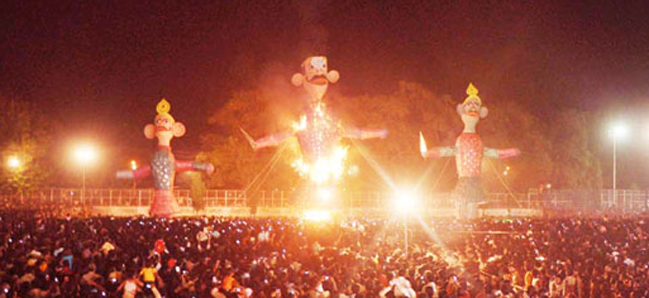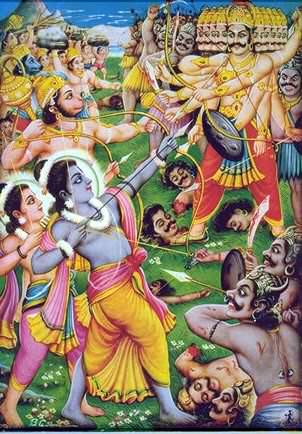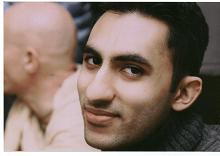I read this article from the Asian Age, a big ethnic newspaper in the U.K., about the Kazakhstan Campaign there. Having worked on the campaign myself, I was quite interested to see what they had to say.

But what ended up catching my eye (and emotions), was the comment a reader posted. Someone named Mohsin wrote:
Anyway, the more that I thought about it, the more I just started to feel really sad. Why is it that often our first reaction in reading a report of how members of our faith mistreated members of another is to say "Yes, BUT..." or "It must not really be that bad..." or (as Mohsin does here) "Well, they deserve it since they did it to us first (or worst)..." How pathetic! As human beings, can't we do better than that? What happened to our basic humanity, to saying "What can I do to help -- or at least sympathize with -- the innocent victims before I start to analyze the history or think of similar victims in my own tradition."
Anyway, I added my own comment to the Asian Age piece. Yes, it was written with some degree of anger and indignation, but maybe we need to be a little bit more indignant now and then.

But what ended up catching my eye (and emotions), was the comment a reader posted. Someone named Mohsin wrote:
I think this is strikingly similar to the way lots of Muslims are being treated in India by the Hindu goverment and also the police. Many houeses burnt, many women, men, chrildren killed for simply being muslims. Remember the demolition of the babri mosque? the killing of pregnant women and having their stomachs ripped out. (BBC 1 PANAROMA 2006) I dont think what the Kazakh goverment is doing but the term "what goes around comes around" strikes to mind. Make dua for everyone suffering around the world due to opression...Especially since I come from a Hindu background and grew up painfully aware of all of the Hindu/Muslim tensions (or India/Pakistan tensions, which is where a lot of that stuff is coming from), I take this personally. Okay, so (some) Muslims are being mistreated by (some) Hindus in India. The reverse is true as well, of course -- even in India. For the record, most of my more hot-blooded Hindu pals can't stand the government of India and accuse it of being more anti-Hindu than anyone else! There are atrocities on both sides, going back to Partition and even before that. (If anyone wants a particularly poignant history lesson, read up on what Aurangzeb did to Hindus and Sikhs during his bloody reign; meanwhile this radical Islamist website praises him as the "greatest king" to ever rule India).
Anyway, the more that I thought about it, the more I just started to feel really sad. Why is it that often our first reaction in reading a report of how members of our faith mistreated members of another is to say "Yes, BUT..." or "It must not really be that bad..." or (as Mohsin does here) "Well, they deserve it since they did it to us first (or worst)..." How pathetic! As human beings, can't we do better than that? What happened to our basic humanity, to saying "What can I do to help -- or at least sympathize with -- the innocent victims before I start to analyze the history or think of similar victims in my own tradition."
Anyway, I added my own comment to the Asian Age piece. Yes, it was written with some degree of anger and indignation, but maybe we need to be a little bit more indignant now and then.
Mohsin, grow up. The innocent Hindu families being persecuted by the Kazakh government are no more to blame for the demolition of the Babri mosque than the average Muslim family is for the 9/11 attacks. I feel sorry for those who can't muster up enough empathy for the persecuted, and instead just think "Well, *they* did it to *us* first so..." What a sad and childish way of looking at the world! What's next? I could bring up the scores of Hindus being murdered, raped, and burnt alive in Bangladesh, and then someone else can point out how Muslims are the victims somewhere else. "What goes around comes around"? Here's a new expression for you: "An eye for an eye, and the world goes blind..."


















